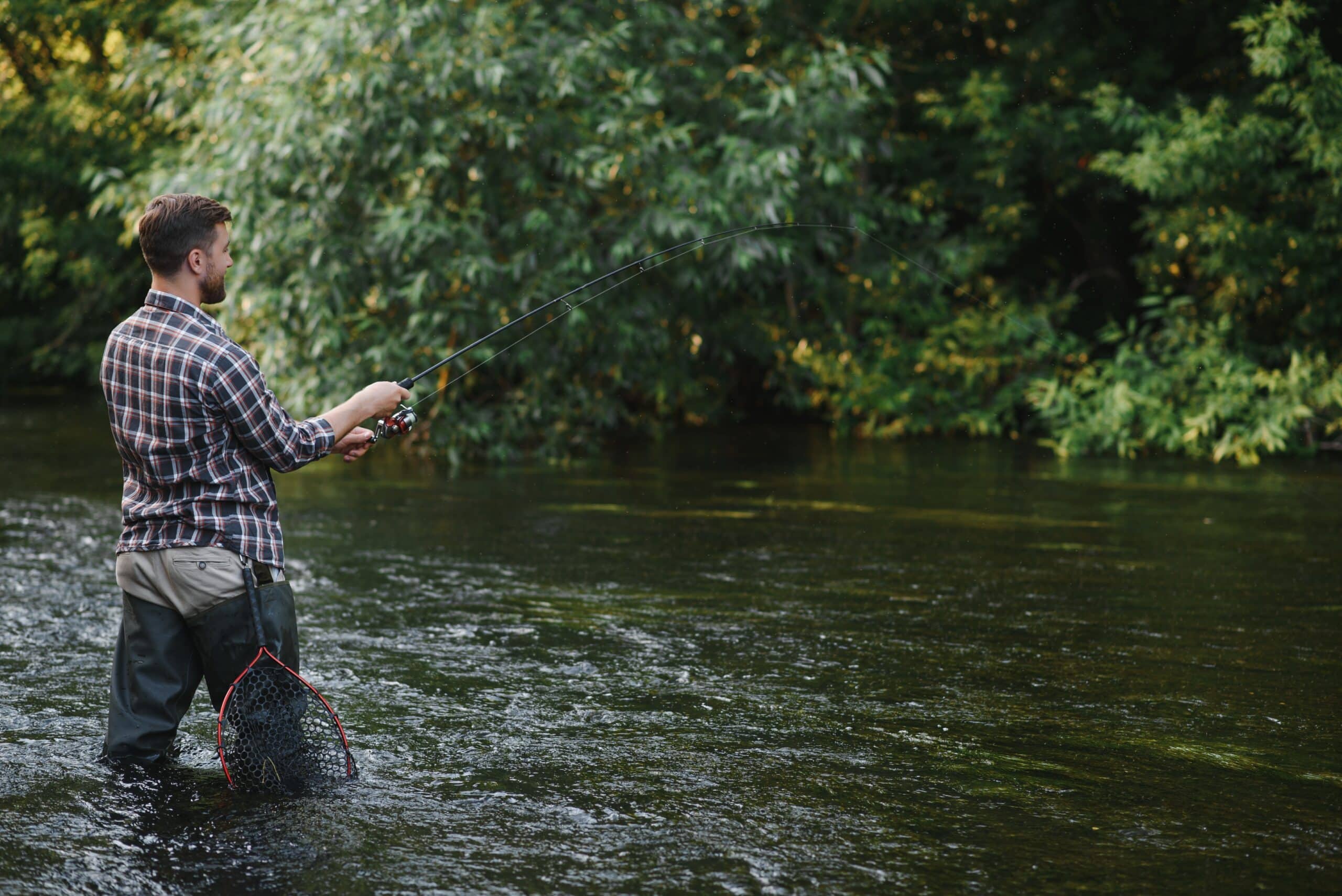How Long Does it Take to Become Good at Fly Fishing?
Key Takeaways
- Mastering the techniques of fly fishing can take years, but beginners can become proficient and enjoy the sport at a reasonable level within a few months of dedicated practice.
- Learning from experienced anglers or seeking professional fly casting instruction can greatly accelerate the learning curve and improve fly fishing skills quickly.
- The amount of time it takes to become good at fly fishing depends on the individual’s commitment and dedication to practice, with regular practice being key to developing muscle memory and honing skills.
Many people are drawn to fly fishing for its peacefulness, the beauty of nature, and the thrill of landing a fish on a fly. But as with any skill, it takes time and practice to become proficient. The question on every aspiring fly fisher’s mind is, how long does it take to become good at fly fishing? While there is no definitive answer, we can explore the different factors that contribute to one’s progress in this beloved sport.
Experience and Skill Development
As mentioned in Fly Fish Finder’s complete guide for beginners, mastering the techniques of fly fishing can take years. It is a sport that requires both technical skill and knowledge of fish behavior and habitat. Understanding the intricacies of fly casting, line management, and fly selection takes time and practice.
However, it is important to note that while becoming a true expert in fly fishing may take years, one can become proficient and enjoy the sport at a reasonable level much sooner. With dedication and regular practice, beginners can start to see improvement in their skills within a few months.
Learning Resources and Instruction
Learning from experienced anglers or seeking professional fly casting instruction can greatly accelerate the learning curve. Websites like Any Creek’s Academy and Waking Up Wild provide valuable tips and techniques to improve fly fishing skills quickly.
By following their advice, such as fixing your grip, improving your double haul technique, and practicing back-casting, you can start to see improvements in your fly casting abilities. These resources can help shorten the learning curve and provide guidance for beginners.
Commitment and Practice
Ultimately, the amount of time it takes to become good at fly fishing depends on the individual’s commitment and dedication to practice. Regular practice is key to developing muscle memory and honing your skills.
As with any skill, the more you practice, the faster you will progress. This means dedicating time to casting on the water, studying fish behavior, experimenting with different flies, and learning from your experiences. It is through this hands-on approach that you will gain a deeper understanding of the sport and become more proficient.
Conclusion
While it may take years to master all the techniques and nuances of fly fishing, beginners can start to enjoy the sport and see improvements in their skills within a few months of dedicated practice. Seeking instruction from experienced anglers and utilizing online resources can help accelerate the learning process.
Ultimately, the journey to becoming good at fly fishing is a personal one. It is a combination of skill development, knowledge acquisition, and experience on the water. The more you invest in the sport, the more proficient you will become. So, grab your fly rod, tie on a fly, and start casting. The adventure awaits!
Related Websites:
FAQs:
Q: How long does it take to become proficient in fly fishing?
Becoming proficient in fly fishing varies depending on individual aptitude, learning style, and practice frequency. However, with dedicated practice and patience, many beginners can start feeling confident within a few months.
Q: What are the key components and techniques involved in fly fishing?
Fly fishing involves casting a lightweight fly using a specialized fishing rod and line. Key techniques include mastering various casting techniques, understanding fish behavior, and selecting appropriate fly patterns.
Q: How can I build a strong foundation in fly fishing as a beginner?
As a beginner, it’s important to overcome the initial learning curve and challenges by mastering basic casting techniques. Familiarize yourself with fly fishing gear and equipment to feel more confident on the water.
Q: What skills and knowledge should I focus on during the intermediate stage of fly fishing?
During the intermediate stage, focus on gaining confidence in various casting techniques, developing a deeper understanding of fish behavior and habitats, and exploring different fly patterns to improve your effectiveness.
Q: How do I achieve proficiency in fly fishing at an advanced stage?
At an advanced stage, achieving proficiency involves consistently accurate and controlled casting abilities, expertise in reading water and understanding currents, and adapting to different fishing conditions and techniques.






